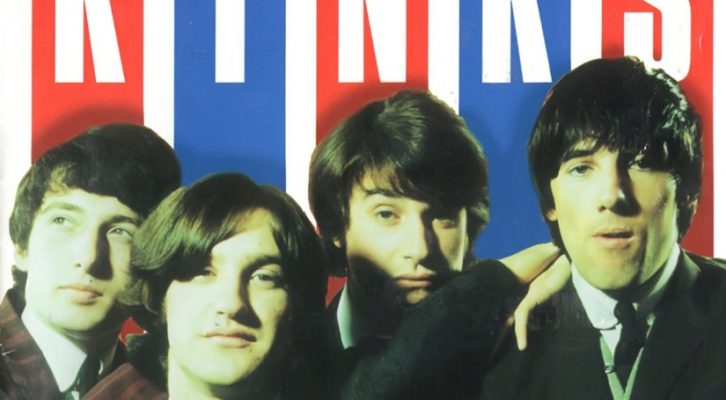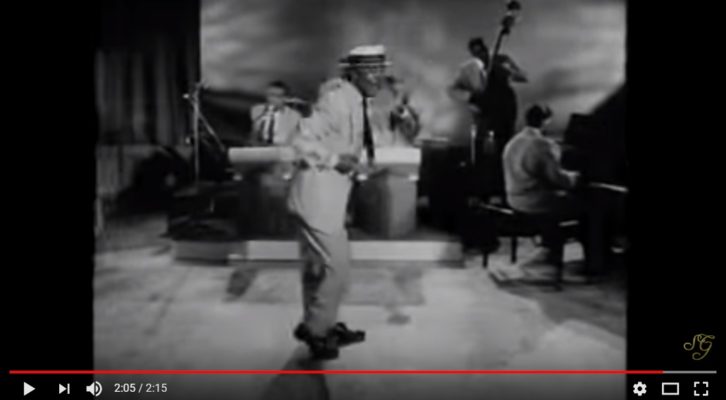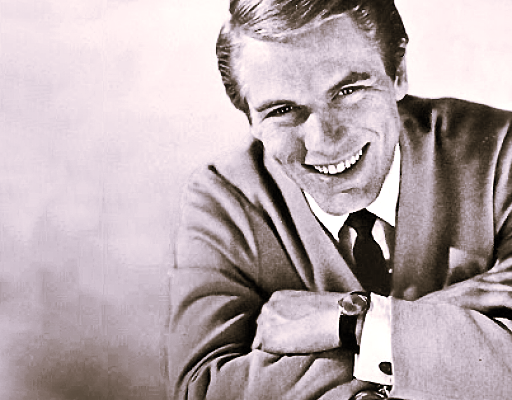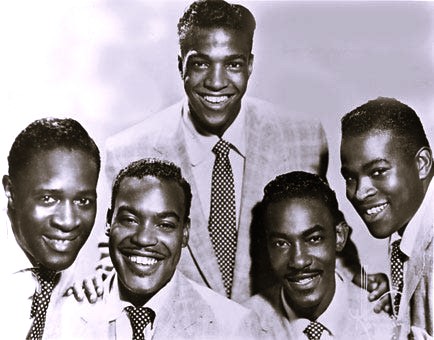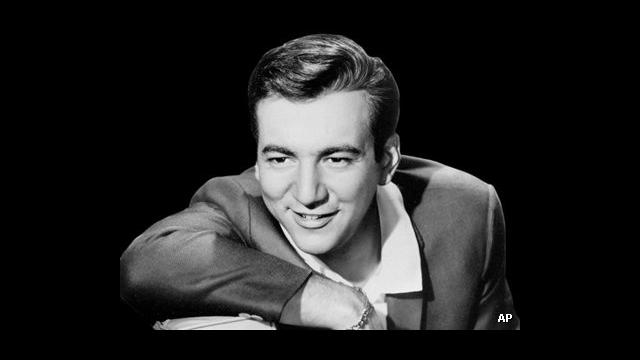Are you a fan of fifties to seventies jukebox, and do you enjoy listening to hits from legends like Johnnie Ray and Mama Cass? If so, then there’s a chance you’ve come across one underrated artist: Andrew Gold.
This article breaks down Gold’s music career, exploring his signature hits, monumental contributions and his influence over other artists.
Andrew Gold’s understated impact on the 1970s to 1980s music scene
Indeed, Andrew Gold is one of the most underrated artists of his time. Despite not always being in the limelight, his work had a significant impact on the music scene during the 1970s and 1980s.
His understated impact played a significant role during those pivotal times in music history. More than just another rock musician, Gold was an illustrious songwriter, instrumentalist and music producer. His role extended behind the scenes – producing tracks, arranging compositions, playing multiple instruments and creating unforgettable tunes that still reverberate today.
Moreover, Gold infused the music scene with a distinct signature style. His music exuded a palpable sense of warmth and intimacy, underpinned by thoughtful lyrics and meaningful stories, evoking emotions in listeners. His contribution helped shape the sound of that era, and Gold’s craftsmanship left a quiet yet lasting mark.
Gold’s signature hits
Gold’s music legacy can be encapsulated in his signature hits. His breakthrough single, ‘Lonely boy’, peaked at number 7 on the Billboard Hot 100 charts in 1977. The melody was catchy – the kind that clings onto you and refuses to let go.
Another massive hit was ‘Thank you for being a friend’, which many generations only recognise as the theme song for the classic TV show The Golden Girls. Gold’s ‘Never let her slip away’ covertly became an anthem for hopeless romantics everywhere.
These tunes neatly frame Gold’s career, showcasing his talent in presenting relatable themes exquisitely wrapped in his warm, friendly sounds. Cultivating an eclectic mix of introspective lyrics and compelling melodies, every song was a testament to his genius.
Gold may not have been catapulted to the same stratosphere of fame as some of his contemporaries, but his contributions to the 1970s and 1980s music scene are undeniable.
Gold’s formative years
Andrew Gold’s musical education began early, an element that significantly contributed to his career later in life. Knowledge wasn’t merely handed to him on a platter; it was baked into his DNA from the word go.
Born to Hollywood singers and composers Marni Nixon and Ernest Gold, he was destined for a life entwined with music. Exposure to the industry from childhood was a unique advantage that many musicians could only dream of.
Like any artistic journey, it wasn’t just about raw talent or genetics. Gold’s zeal and dedication to learning his craft were equally influential. While other young people his age were probably living a carefree life, Gold was toiling in practice and grasping the essentials of music.
Gold’s influence: Reshaping rock and pop music
Andrew Gold’s influence on the rock and pop music scene is often overlooked because many don’t realise the ripple effects of his work. His unique confluence of catchy hooks, lyrical skill and musical dexterity helped redefine mainstream music standards.
Think of his chart-topping hits like ‘Lonely boy’ and ‘Thank you for being a friend’. They blended rock’s edginess with pop’s earworm quality, creating a sound that resonated with the listeners of the late ‘70s and early ‘80s. Those songs became staples on radio playlists worldwide, influencing budding musicians and shaping the music trends of their time.
It’s also worth noting how Gold’s skills as a multi-instrumentalist elevated his music. His command over instruments, from guitar to keyboards, imbued his work with a dynamism other artists aspired to emulate.
Collaborations: Working with music’s big names
Never one to hog the limelight, Gold was as much an adept collaborator as he was a solo artist. His willingness to share his talents with other musicians led to some of the most iconic tracks in rock history.
Consider his contributions to Linda Ronstadt’s Heart like a wheel album as both a musician and an arranger. The album was a commercial success, even nabbing a Grammy. Gold’s deft touch, whether strumming a guitar or arranging a piece, enhanced the final product.
Then there were his collaborations with the Eagles, Jackson Browne and even John Lennon – another testament to Gold’s prowess.
From working with music’s big names to leaving an indelible mark on rock and pop music, Andrew Gold’s influence is profound and enduring.
Lasting impact: Gold’s influence on future generations
Andrew Gold’s legacy is not restricted to ‘70s pop-rock. His music has transcended generations, influencing a myriad of artists who’ve built their careers on the foundations he laid.
Gold carved out a unique niche that many sought to emulate but few could replicate. His method of storytelling through music, his ability to create catchy tunes that remain evergreen even decades later, and his prowess as a multi-instrumentalist have all contributed to his enduring influence.
Each echo of his music in today’s landscape is proof that his legacy extends far beyond his lifetime. Andrew Gold may have left us, but his music lives on, continuing to shape the future generations of the music industry. His influence, steadfast and unyielding, testifies to his underrated genius and secures his place in music history.
Key Points to Remember
Andrew Gold’s contributions to the music scene from the 1970s to 1980s are significant and enduring. Here are the key points to remember about his remarkable career:
- Andrew Gold’s unique style: Gold’s music exuded warmth and intimacy, underpinned by thoughtful lyrics and meaningful stories that evoked deep emotions in listeners.
- Signature hits: Gold’s breakthrough single ‘Lonely boy’ and the beloved ‘Thank you for being a friend’, which became the theme song for The Golden Girls, showcased his talent for creating catchy, relatable tunes.
- Formative years: Growing up in a musical household with Hollywood singers and composers Marni Nixon and Ernest Gold, Andrew was destined for a life in music, honed by his dedication and zeal for learning his craft.
- Influence on rock and pop music: Gold’s blend of catchy hooks, lyrical skill and musical dexterity helped redefine mainstream music standards, influencing the sound of the late ‘70s and early ‘80s.
- Collaborations with big names: Gold worked with major artists like Linda Ronstadt, the Eagles, Jackson Browne and John Lennon, enhancing their music with his talents as a musician and arranger.
- Lasting impact: Gold’s influence has transcended generations, continuing to shape and inspire future artists with his storytelling, catchy melodies and multi-instrumental prowess.
Jukebox Saturday Night takes you on a nostalgic journey through the golden ages of rock and pop music, showcasing hard-to-find music video gems and fostering a community that reveres the iconic tunes of the past.







